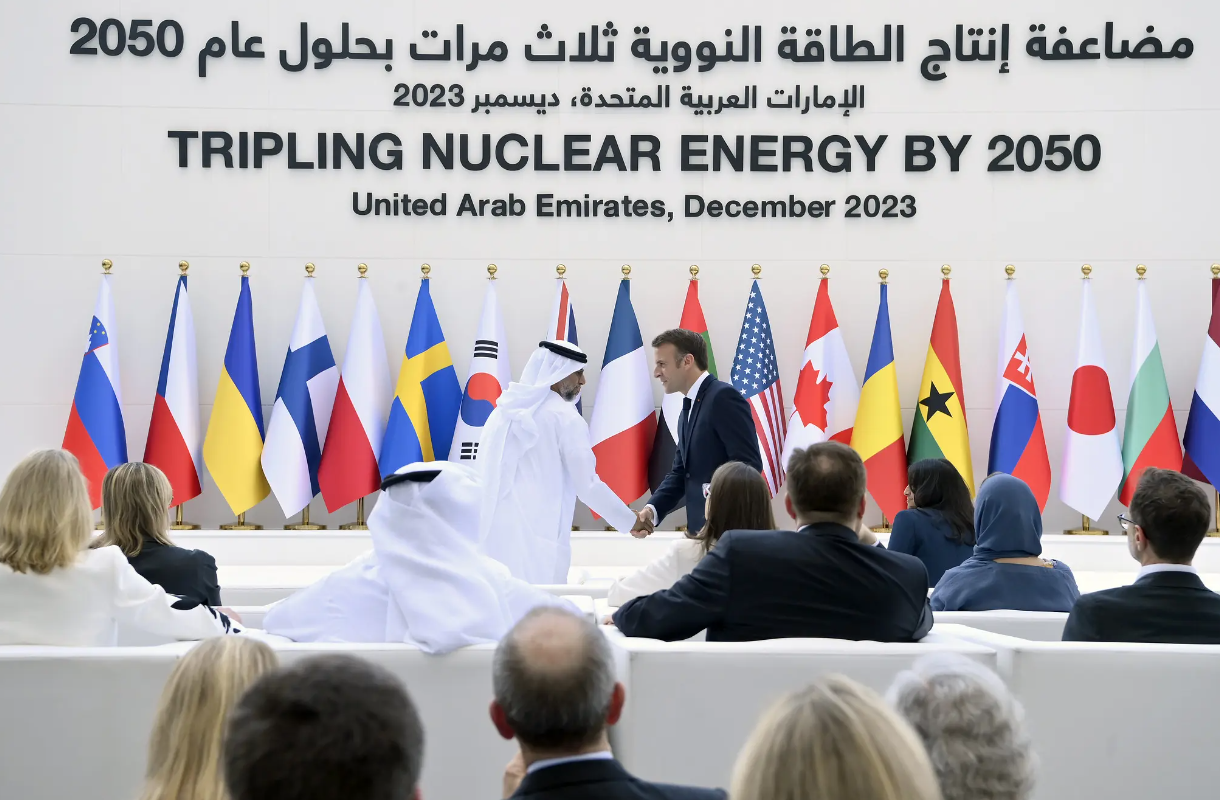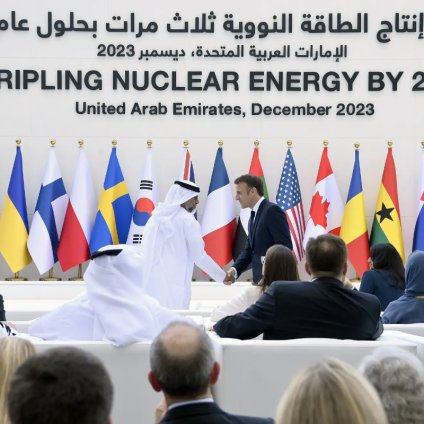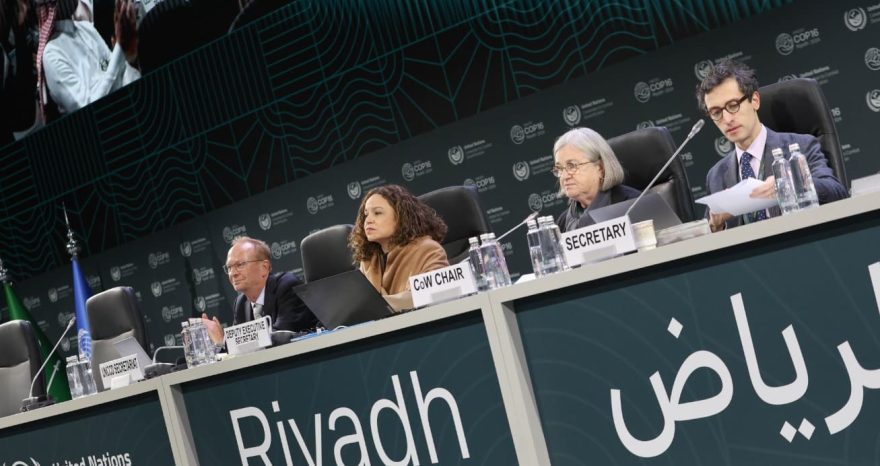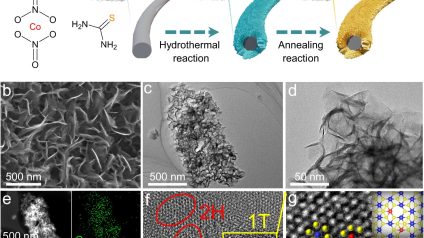The United States and France lead the coalition that wants to multiply by three the global installed capacity of atomic energy by half a century compared to 2020 levels, focusing mainly on mini-reactors and advanced technology. Melons: the "great Italian challenge" is fusion
22 countries commit to relaunching nuclear energy for transition
Triple the installed capacity of atomic energy by 2050. It is the goal endorsed by 22 countries at the climate conference in Dubai on 2 December. Thus enters from the main door the nuclear to COP28, as one of the necessary sources to limit the global temperature below the threshold of 1.5 degrees.
Promoted by the United States and France, the Declaration on Nuclear Energy has gathered the immediate accession of Bulgaria, Canada, the Czech Republic, Finland, Ghana, Hungary, Japan, South Korea, Moldova, Mongolia, Morocco, Holland, Poland, Romania, Slovakia, Sweden, Ukraine, United Arab Emirates and Great Britain.
Nuclear promises at COP28
From the stage of COP28 in Dubai, the signatories commit themselves first of all to “work together to promote the global goal of tripling nuclear power capacity by 2020 by 2050”. Lens reflecting the 1.5 degree routes traced by IPCC and IEA. The UN Intergovernmental Panel on Climate Change, in the median scenario to reach the most ambitious goal of Paris, indicates precisely this target in terms of installed electricity capacity by mid-century. While the International Energy Agency, in its roadmap for net zero emissions, predicts a doubling. Today the atom provides about 5% of the global electrical mix.
In addition to boosting investment in the atom, the 22 countries want “to support the development and construction of nuclear reactors, such as small modular reactors and other advanced reactors for energy production, as well as wider industrial applications for decarbonisation, such as the production of hydrogen or synthetic fuels”. At the same time, Belgium – a country not a signatory, but very interested in the development of the atom, has announced next March the first world summit on nuclear power.













